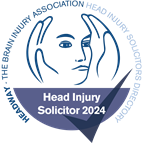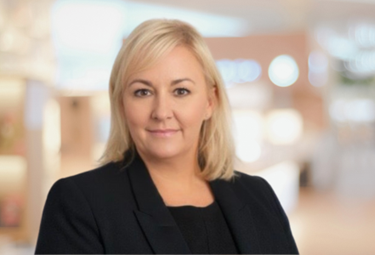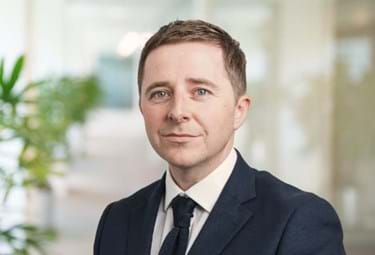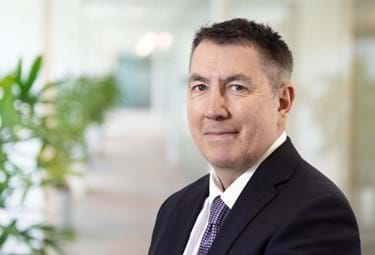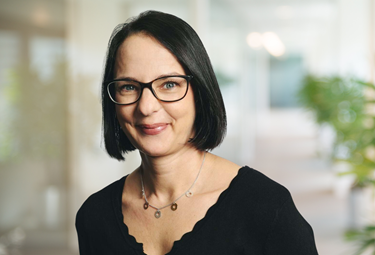Brain Injury Compensation Claims
If you or your family member has suffered a brain injury and believe someone else is at fault, you may be entitled to compensation.
Our highly experienced team can help you and your family get brain injury compensation to fund medical treatment and rehabilitation, as well covering the costs of any lifestyle changes required following a brain injury.
We can help you make a claim on a no win, no fee basis, so you won’t have to pay legal fees unless your claim is successful.
Wherever possible, we will also seek interim payments to provide you with financial support while you await the outcome of your case.
Get in touch today for free, no-obligation legal advice.
Rehabilitation and support
As well as providing expert legal advice and representation, we also work closely with brain injury specialists who provide additional support to our clients, including:
- Case managers who coordinate rehabilitation care
- Support workers who help patients and their families at home and in the community
- Disability architects who adapt an individual’s surroundings, such as their home
- Occupational and other therapists who help with an individual’s recovery
- Job coaches to assist those able to return to work.
Our Brain Injury Solicitors
Our solicitors have years of experience in securing compensation for clients who have been affected by brain injuries. Call us today for free, no-obligation legal advice.
Call us on 0800 0 224 224Frequently asked questions about brain injury claims
An acquired brain injury is a brain injury caused by events that happen after birth.
One type of acquired brain injury is when the injury is caused by trauma to the head. This is known as a traumatic brain injury, and can be a result of road traffic accidents, accidents at work, sporting impacts, assaults, falls, or injuries from falling objects.
Acquired brain injuries can also be a result of other medical conditions, such as brain aneurysms and haemorrhages, tumours, strokes, encephalitis (inflammation of the brain usually caused by infections), hydrocephalus (a build up of fluid inside the skull), and meningitis.
Situations where the supply of oxygen to the brain is reduced can also lead to brain injuries. If the brain’s oxygen supply is completely stopped for a period, this can cause brain injury known as anoxic brain injury. If the oxygen supply is partially stopped, this can cause what is known as hypoxic brain injury.
Acquired brain injury symptoms include increased fatigue, headaches, and changes in vision, smell or touch. Patients with acquired brain injury may also experience changes in their learning abilities, and they may suffer problems with their memory and difficulty with their communication.
Our brain injury solicitors have significant experience of providing support to patients who are experiencing these symptoms and wish to make a claim for compensation. We also work closely with charities and support groups that specialise in offering acquired brain injury rehabilitation, and can signpost you to these during the course of making a claim.
Our specialist team has secured compensation for clients injured in a variety of ways. Here are some examples of claims we have pursued:
- Traumatic brain injury compensation claims where the injury was caused by an accident at work where the employer can be found at fault
- Medical negligence claims where brain injuries were caused by medical conditions which were not diagnosed or treated appropriately
- Anoxic or hypoxic brain injury claims caused by carbon monoxide poisoning where a landlord had failed to provide safe heating equipment or install carbon monoxide alarms.
If you have suffered a head injury in the last three years that you believe was caused by someone else, then you should contact our brain injury lawyers. They can let you know if you have a valid case for head injury compensation and talk you through the legal process.
To speak to our specialist team, contact us on 0800 0 224 224 or fill out our online enquiry form.
Our solicitors can help with securing brain injury compensation for a child.
If your child has an acquired brain injury that was someone else’s fault, we can help you make a claim.
For example, we have pursued many birth injury claims where cerebral palsy and other brain conditions were caused by medical negligence during childbirth.
You can claim on behalf of your child any time from when the injury was sustained until they turn 18. Get in touch with our child brain injury lawyers to discuss your case – simply fill in our online enquiry form and we’ll be in touch very soon to provide free, no-obligation legal advice.
At Thompsons, we have over 100 years’ experience fighting for justice for the injured and mistreated. We only ever represent the injured, so we are completely on your side. We never defend employers, insurers or other organisations at fault for injury or illness, and we never will.
Our serious injury team has extensive experience securing compensation for our brain injury clients. We understand the challenges that a brain injury brings, and our solicitors can be trusted to handle your claim in a sensitive and empathetic manner. We will do all we can to help you secure the support you need, as well as fighting for you to receive the maximum compensation possible.
We are passionate about supporting people with brain injuries and we work closely with Headway, the brain injury charity. We partnered with Headway to introduce the Brain Injury Identity Card, designed to help brain injury survivors easily communicate their condition. The card is particularly useful if brain injury survivors encounter emergency services personnel, as it helps ensure they receive an appropriate response and support.
There is no set amount of compensation awarded to people who have suffered a brain injury. The amount you might receive is dependent on many things, including the severity of your injury and how long it will take you to recover. Any loss of income is also accounted for as part of your compensation award. After reviewing your case, we will be able to give you an informed estimate of how much your claim may be worth.
Get in touch for a no-obligation discussion today.
The first step is to get in touch with specialist brain injury solicitors for legal advice.
We have more than 100 years of experience dealing with compensation claims, including complex cases where the consequences of an injury have been more serious than originally thought.
In your initial discussion, our experts will talk you through the process of claiming on a no win, no fee basis, which means you won’t have to pay any legal fees unless you win your case – and those fees will be capped. If there are any additional expenses that need to be met for your claim to progress, we will explain those to you and suggest how these can be funded.
During your initial conversations, our specialist lawyers will also tell you if they believe you have a claim, and give you a rough estimate of how much compensation you may be able to secure. Our brain injury solicitors and lawyers will only progress claims if they believe there is a reasonable chance of compensation being secured.
If you decide to progress your claim with us, our brain injury solicitors will instruct medical experts to assess how long your brain injury and its related symptoms may last. These doctors will also assess any long-term impact your injury may have on your lifestyle, including your capacity to work. Working closely with specialists in brain injury treatment and rehabilitation, we can evaluate whether you need additional medical care or other forms of support. Not only will this information strengthen your case, it will also help us connect you with the services and support that you need to manage the short and long-term effects of your brain injury.
If your case is complex and likely to take longer to settle, we will work to secure an interim payment to cover the immediate costs of any urgent rehabilitation, treatment or home adaptations you may need. We are proud to always work for the injured and never for employers or insurers. This means there is never any possibility of a conflict of interest as we fight to get you the full compensation you are entitled to.
In ‘no win, no fee’ brain injury claims, you will only pay towards your legal fees if your claim is successful. Most of the legal costs incurred during a successful compensation claim case are paid for by whoever was responsible for causing the injury. You will pay for the remainder of your legal fees by paying a ‘success fee’ to us, but this is capped at 25% of the amount awarded - unlike many high-street firms, who will charge more.
If you’re a trade union member, then you will likely be able to pursue a claim free of charge within your union membership package. We provide free support to many trade union members, who keep 100% of the compensation awarded to them and do not pay a success fee. For more information about claiming through your union, contact your union to ask about their legal services for personal injury claims.
If you have suffered a brain injury that you believe was someone else’s fault, you have three years from the date of the injury occurring to claim for compensation.
There are a few exceptions to that rule, for example if the brain injury survivor is a child or an adult who doesn’t have the capacity to manage their legal affairs.
We always advise potential claimants to contact us as soon as possible following their injury, however if you want to check if you are still eligible to make a claim, get in touch and we will investigate this for you.
Make a brain injury compensation claim
Get in touch with our serious injury experts today for free, no obligation legal advice about your brain injury claim.
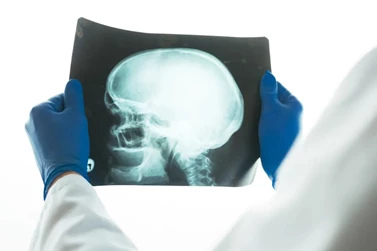
A guide to brain injury cases
Brain injury is a highly specialised area. At Thompsons Solicitors, we have the knowledge and expertise to guide you through a claim.
Find out more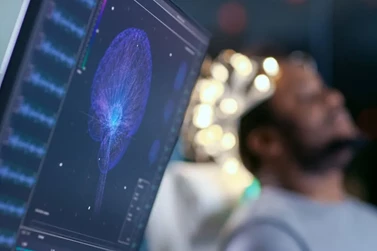
The hidden symptoms of a brain injury
In this guide we explore some of the hidden symptoms of brain injuries.
Find out more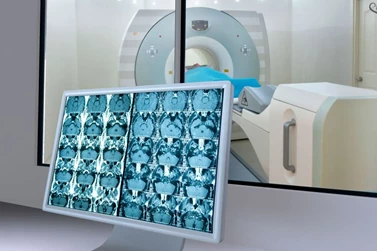
How to support someone with a brain injury
Lisa Gunner, a specialist in brain injury claims, shares her advice for supporting those suffering from a brain injury.
Find out more


